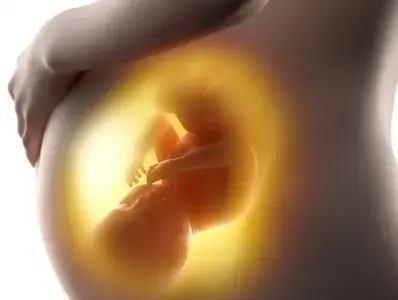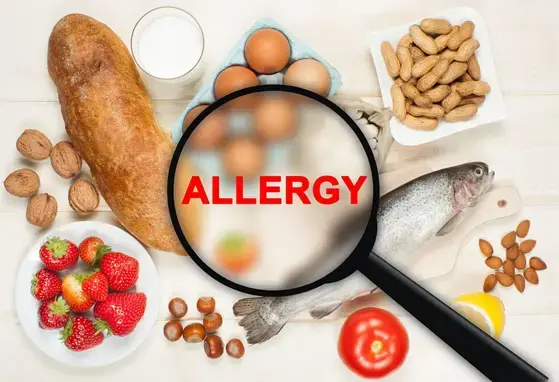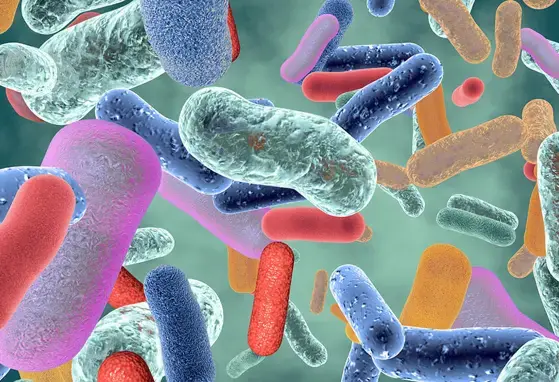RCOG Recommendation on Reducing Chemical Exposure during Pregnancy

Summary of Royal College of Obstetricians and Gynaecologists (RCOG) Opinions on Chemical Exposure during Pregnancy
This paper is designed to inform women who are pregnant or breastfeeding of the sources and routes of chemical exposure in order for them to take positive action in regard to minimising harm to their unborn child.
Background:
In view of the increasing concerns over chemical exposure during pregnancy on adverse health effects in the child, RCOG has published this opinion paper to offer advice for women to reduce overall chemical exposure.
Summary of RCOG's recommendations on reducing chemical exposure in pregnant women:
- Food consumption:
- Reduce heavy metals exposure – Avoid over-consumption of oily fish by limiting to once per week.
- Reduce non-food chemicals exposure – Eat fresh foods rather than processed foods whenever possible; reduce the use of cans or plastic containers for consumption or food storage.
- Intake of dietary supplement or over-the-counter medicines:
- Be aware of herbal or alternative "natural" products that do not indicate as safe for use during pregnancy.
- Only take over-the-counter painkillers when necessary and with the advice of your doctor.
- Other lifestyle modifications:
- Minimize the use of personal care products (e.g. cosmetics) and household chemicals (e.g. household pesticides).
- Avoid paint fumes and minimize the exposure to newly produced furniture.
WYE-EM-004-JAN-15
Reference
Royal College of Obstetricians and Gynaecologists (RCOG). Scientific Impact Paper No. 37. Chemical exposures during pregnancy: dealing with potential, but unproven, risk to child health. Link to RCOG
If you liked this post you may also like

[Guideline Summary] S3 guidelines on allergy prevention

[Literature library] Coronavirus Disease 2019 (COVID-19) mRNA-based vaccination and breastfeeding

![[Literature Library] Epitope-Specific Response of Human Milk sIgA in COVID-19 Recovered Women](/sites/default/files/styles/card_m_mobile/public/2021-07/205_COVID-opt.jpg.webp?itok=jNfgf4cf)
[Literature Library] Epitope-Specific Response of Human Milk sIgA in COVID-19 Recovered Women